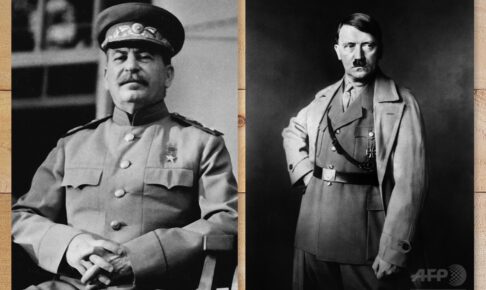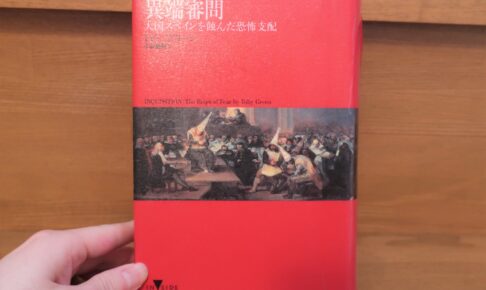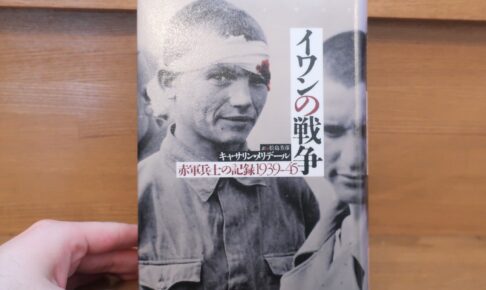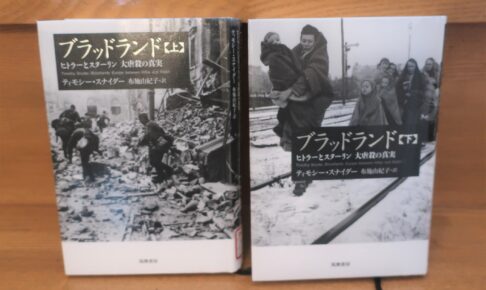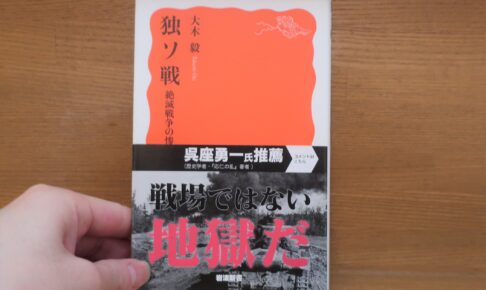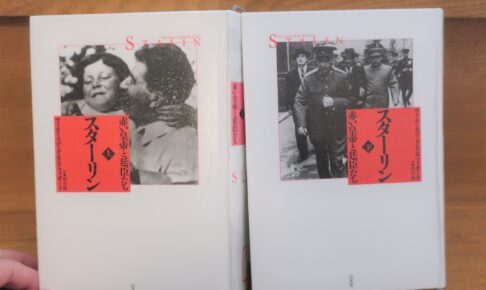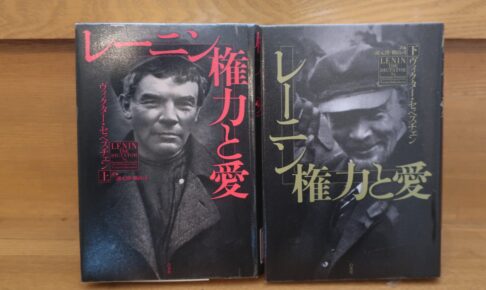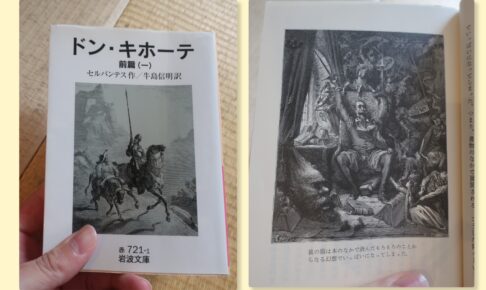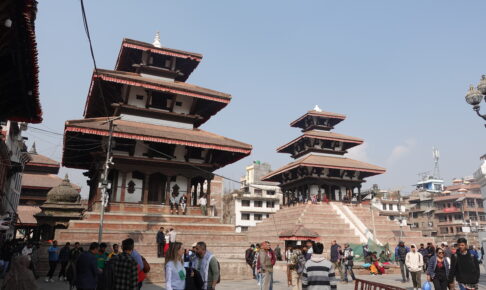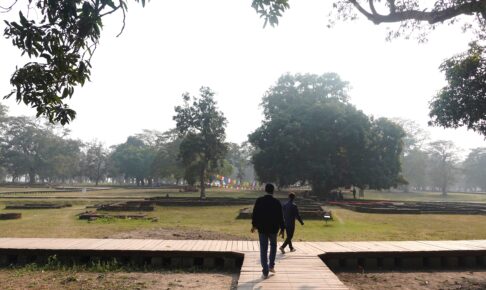Ben Steil, "The Marshall Plan: The Birth of a New World Order" - An exciting look behind the scenes of postwar European reconstruction.
This book made me realize how intricate and chaotic the Marshall Plan was.
It is easy to say, "Thanks to the U.S., Europe's devastated economy has revived thanks to the U.S.," but it was surprising to learn how many peaks and valleys and cunning tactics were involved in this tremendous exchange of ideas between the major powers. It was not simply a matter of the U.S. providing enormous financial support.
The Soviet Union, of course, would oppose this, but the European countries on the receiving end of the funds would not say, "Yes, yes, of course, we will be very grateful. In particular, the former hegemonic nations of the United Kingdom and France are quite cunning. As one would expect from a country that had ruled the world until then, their diplomatic bargaining skills are extraordinary.













